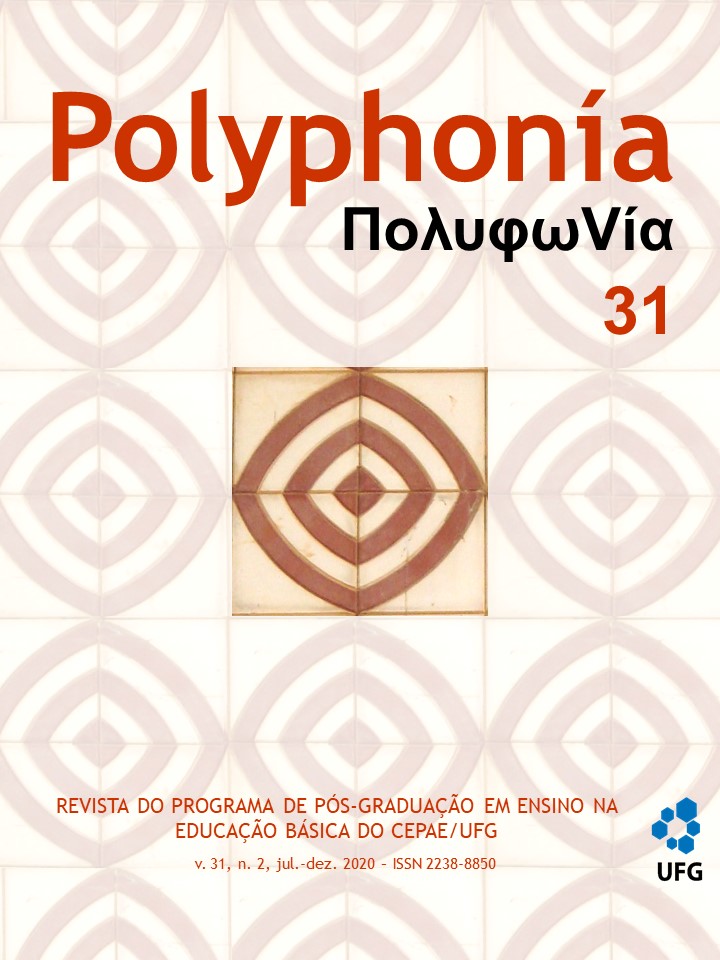Informática educacional na educação básica e inclusiva
DOI:
https://doi.org/10.5216/rp.v31i2.67088Abstract
Among the obstacles that schools face regarding the use of information and communications technologies, different opinions coexist on their use in an inclusive school environment. The objective of this article was to collect data, reflections, suggestions and assessments present in researches on the topic of educational computing in basic and inclusive education. This is a bibliographical research that investigated scientific articles available in a database. The research presents some aspects that may be behind the denial or acceptance of the use of digital technologies in inclusive school environments. Most of the encountered articles defend technology as contributing in the teaching and learning processes, and that reluctance to use them, or even difficulties in using them by children, should not keep teachers from encouraging students to approach these technologies.Downloads
Download data is not yet available.
Downloads
Published
2020-12-16
How to Cite
LEIRE ROEPKE, Jacqueline; REGINALDO DE OLIVEIRA, Valdecir; MARTINS, Marcelo. Informática educacional na educação básica e inclusiva. Revista Polyphonía, Goiânia, v. 31, n. 2, p. 74–90, 2020. DOI: 10.5216/rp.v31i2.67088. Disponível em: https://revistas.ufg.br/sv/article/view/67088. Acesso em: 21 jan. 2026.
Issue
Section
Dossiê Tecnologias Digitais na Educação Básica
License
Política de direitos autorais (acesso livre). Autores que publicam nesta revista concordam com os seguintes termos: Autores mantém os direitos autorais e concedem à Revista Polyphonía o direito de primeira publicação, com o trabalho simultaneamente licenciado sob a Creative Commons Attribution License que permitindo o compartilhamento do trabalho com reconhecimento da autoria do trabalho e publicação inicial nesta revista.
Autores têm autorização para assumir contratos adicionais separadamente, para distribuição não-exclusiva da versão do trabalho publicada nesta revista (ex.: publicar em repositório institucional ou como capítulo de livro), com reconhecimento de autoria e publicação inicial nesta revista.
Autores têm permissão e são estimulados a publicar e distribuir seu trabalho online (ex.: em repositórios institucionais ou na sua página pessoal) a qualquer ponto antes ou durante o processo editorial, já que isso pode gerar alterações produtivas, bem como aumentar o impacto e a citação do trabalho publicado (Veja O Efeito do Acesso Livre).


